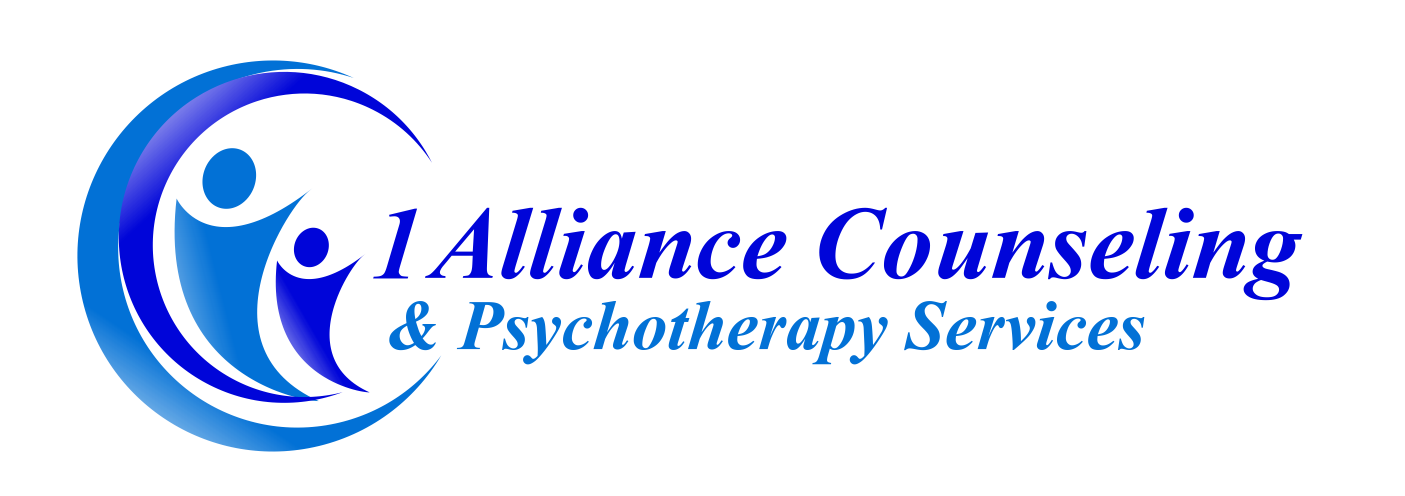Mental Health Awareness Month has been observed in May in the United States since 1949 and was started by the Mental Health America (MHA) organization (then known as the National Association for Mental Health). MHA produces a toolkit of materials to guide preparation for outreach activities during Mental Health Awareness Month which include resources, publications, and events to promote individual and community advocacy, awareness, and education regarding those suffering from mental health. Per the Mental Health America (of Georgia), “During the course of a year, more than 57 million Americans are affected by tone or more mental disorders.” You may visit, NAMI’s website to take the Stigma Free quiz when it comes to mental health awareness in general. If you or a loved one you know is experiencing stress, mood changes, relationship difficulty, or other major concerns, please consider reaching out to a mental health provider or doctor. There are online mental health screening tools available to help you determine next steps. Check out: https://www.mhanational.org/self-help-tools
In keeping with educating the public about the serious issue of mental health and the needed attention to those impacted, the National Alliance on Mental Illness has issued challenges to promote a stigma free perspective about mental illness and those impacted by it. As this month comes to a close, 1Alliance CPS would like to highlight the impact of suicide on those who are plagued by it, suffer from it and the subsequent losses as a result of it.
Statistics related to Suicide (via NAMI): Suicide is the 2nd leading cause of death for people ages 10-34 and the 10 leading cause of death in the United States. 75% of people who die by suicide are male. Lesbian, gay and bisexual youth are 4xs more likely to attempt suicide than straight youth. Transgender people are 12 times more likely to attempt suicide than the general population. Some people think that if you have the conversation about suicide, it will in some ways increase the likelihood of someone attempting or completing a suicide. That is a myth; talking about suicide actually helps to reduce the stigma associated with those thoughts. This could allow the person to not feel as isolated, identify the stressors behind the thoughts, perhaps be open to help and resource in connecting with others and being honest about their pain. This opens the opportunity for connection to safe resources.
In Crisis? Seeking Services?
If experiencing a life-threatening emergency or a medical/mental health crisis, dial 9-1-1.
For crisis services and/or connection to Mental Health and Substance Abuse services, you may contact the Georgia Crisis & Access Line at 1-800-715-4225 or check out the website: mygcal.com. You can also check out NAMI Helpline at 800-950-NAMI; Or in a crisis, text “NAMI” to 741741.
If you or a loved one you know is experiencing suicidal thoughts, please call the National Suicide Prevention Lifeline at 1-800-273-TALK (1-800-273-8255). This line is available 24/7 and is free and confidential. For Spanish speakers: Nacional de Prevención del Suicidio @ 1-888-628-9454. For TTY Users: Use your preferred relay service or dial 711 then 1-800-273-8255 or use chat features online. The website for more information is: https://suicidepreventionlifeline.org/
Resources:
https://en.wikipedia.org/
https://www.nami.org
https://www.nami.org/Support-Education/Mental-Health-Education
https://www.nami.org/Get-Involved/Pledge-to-Be-StigmaFree
https://www.mhanational.org/self-help-tools
https://suicidepreventionlifeline.org/
